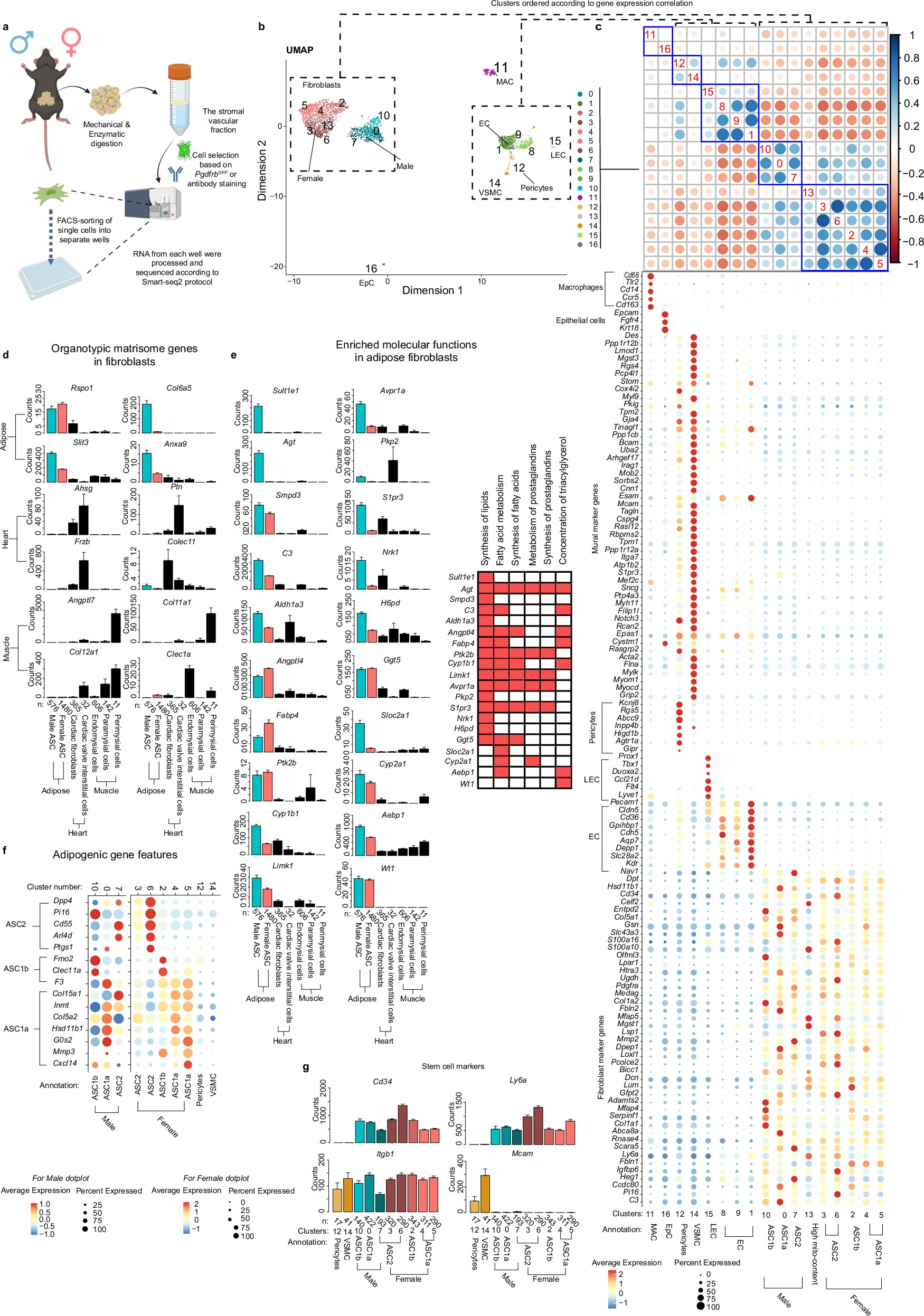COVID-19 infection may cause subacute thyroiditis, according to a new case study published in The Journal of Clinical Endocrinology & Metabolism.
Subacute thyroiditis is an inflammatory thyroid disease characterized by neck pain and is usually preceded by an upper respiratory tract infection. It may be caused by a viral infection or a post-viral inflammatory reaction, and many viruses have been linked to the disease.
SARS-CoV-2 (COVID-19) has emerged as a pandemic with severe respiratory symptoms and may involve other organs. More than 3 million cases of COVID-19 have been confirmed worldwide.
“We reported the first case of subacute thyroiditis after SARS-CoV-2 infection,” said Francesco Latrofa, M.D., of the University Hospital of Pisa in Pisa, Italy. “Physicians should be alerted about the possibility of this additional clinical manifestation related to COVID-19.”
The clinicians examined an 18-year-old woman who was infected with COVID-19 after being exposed by her father. She completely recovered from COVID-19, testing negative a few days later, but started experiencing some additional symptoms. The young woman had neck and thyroid pain, fever and an increased heart rate. She was sent back to the hospital, where she was diagnosed with subacute thyroiditis. She had normal thyroid functioning and imaging just one month earlier.
“Because of the chronological association, SARS-CoV-2 may be considered accountable for the onset of subacute thyroiditis,” Latrofa said.
Other authors include Alessandro Brancatella, Debora Ricci, Nicola Viola, Daniele Sgrò and Ferruccio Santini of the University Hospital of Pisa.
The study was supported by the University of Pisa.


